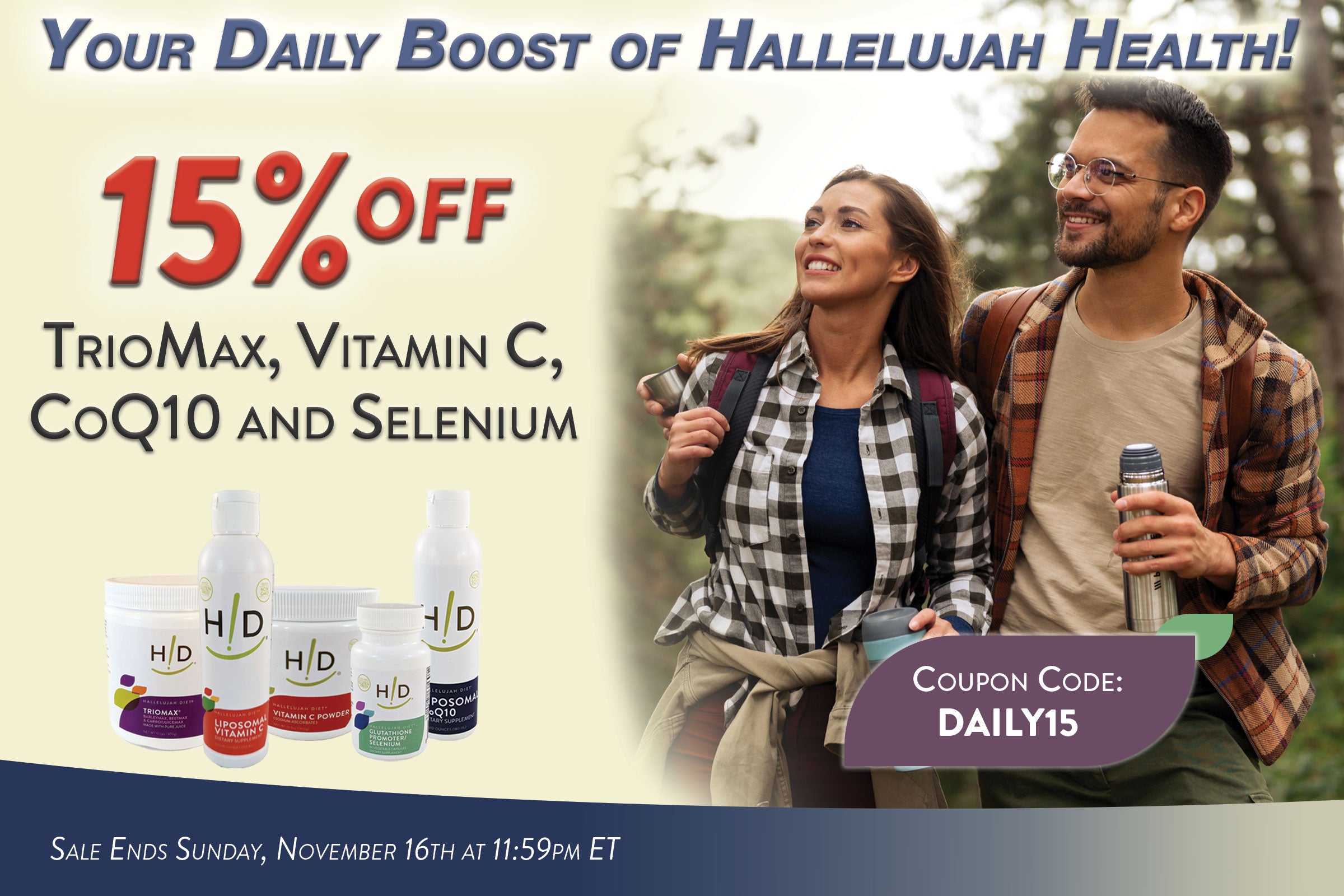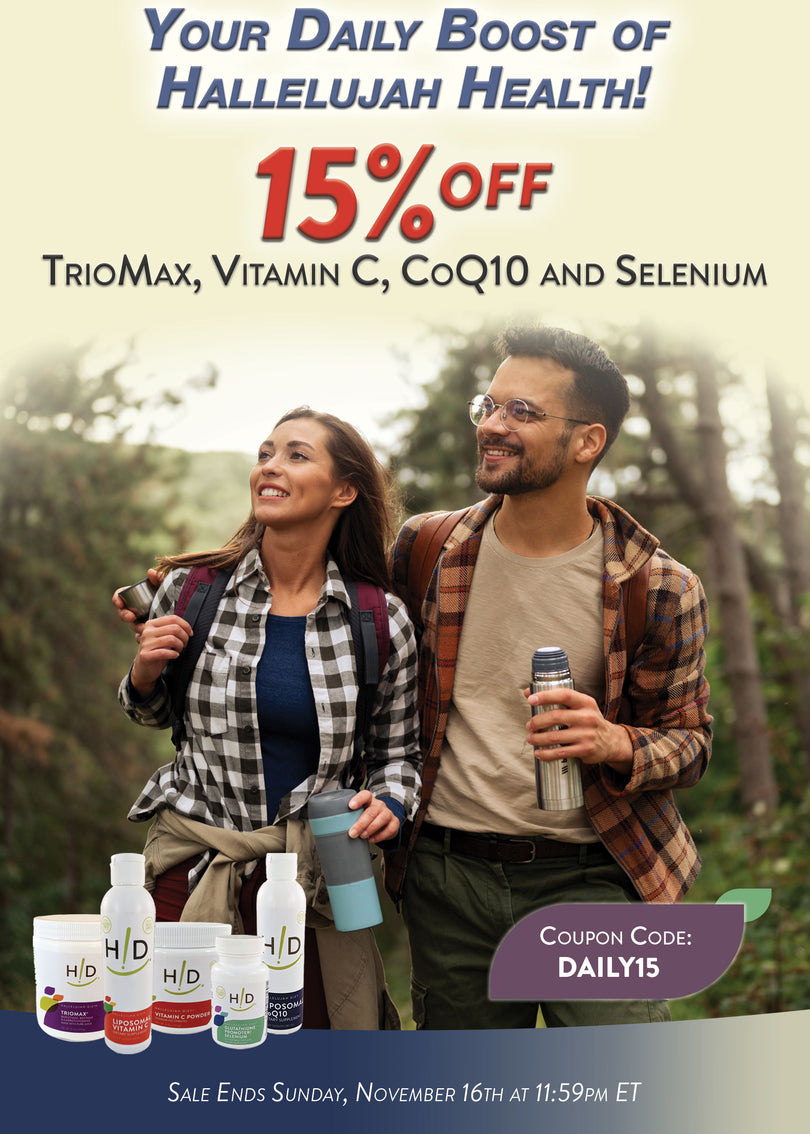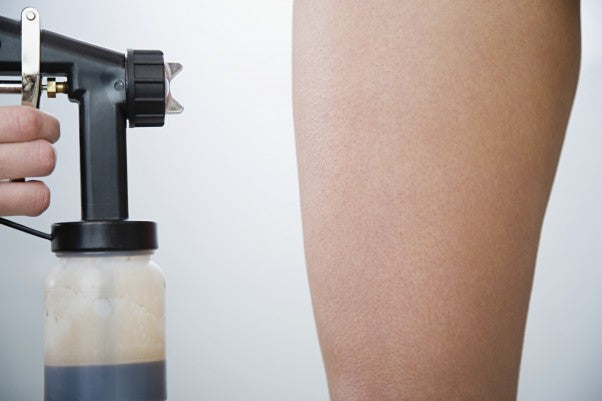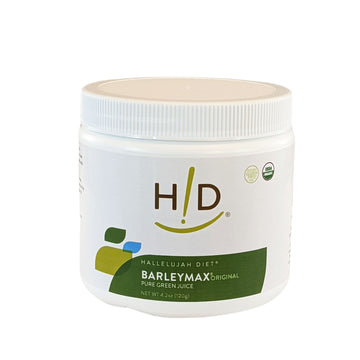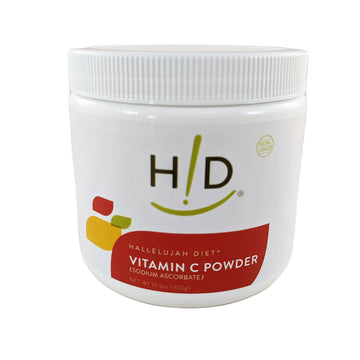The spray tanning world is blushing today after an embarrassing mix-up regarding DHA — and it may change a lot of people's minds about "safe" ways to tan.
DHA in the spray tanning world is an acronym for a chemical in the spray called dihydroxyacetone.
As ABC News reports, some in the spray tan industry were misusing the acronym, claiming it was safe and even "healthy" because they mixed it up with docosahexaenoic acid — also known as DHA — the popular omega-3 fatty acid in fish oil.
Not only is the chemical being confused with a health supplement, it's not even approved for use in spray tanning, not to mention that some experts are now even warning of potential cancer dangers associated with it.
So much for that "safe" tanning alternative!
And even the warnings associated with dihydroxyacetone don't make sense. It's approved for "external use only."
But if you know anything about how the skin works, you know that anything used on the skin "externally" ends up being absorbed internally as well.
Your skin is the largest organ in your body; it absorbs and expels substances just like any other organ.
In fact, spreading (or spraying) something on your skin is one of the fastest ways to get a substance into your bloodstream. You definitely don't want to spray a potential carcinogen onto your skin — for "external" use or not!
So is careful, non-burn tanning outdoors any safer? It depends on your diet.
What you eat has a profound effect on how sunlight reacts with your skin. The nutritional aspects of what you eat, good or bad, make their way to your organs, including your skin.
Improper nutrition negatively affects the skin, which (over time) can have disastrous effects when skin is exposed to the sun. But proper nutrition like that on The Hallelujah Diet has the opposite effect; it prepares the skin to absorb and use sunlight properly, which contributes to good health.
Bottom line? Save the spray booth for your car's paint job.
Eat some antioxidant-rich foods and enjoy the sunshine instead!
Continue reading

Which Foods Best Fuel Our Bodies?
Which Foods Best Fuel Our Bodies?
God built your body to run on a certain grade o...

